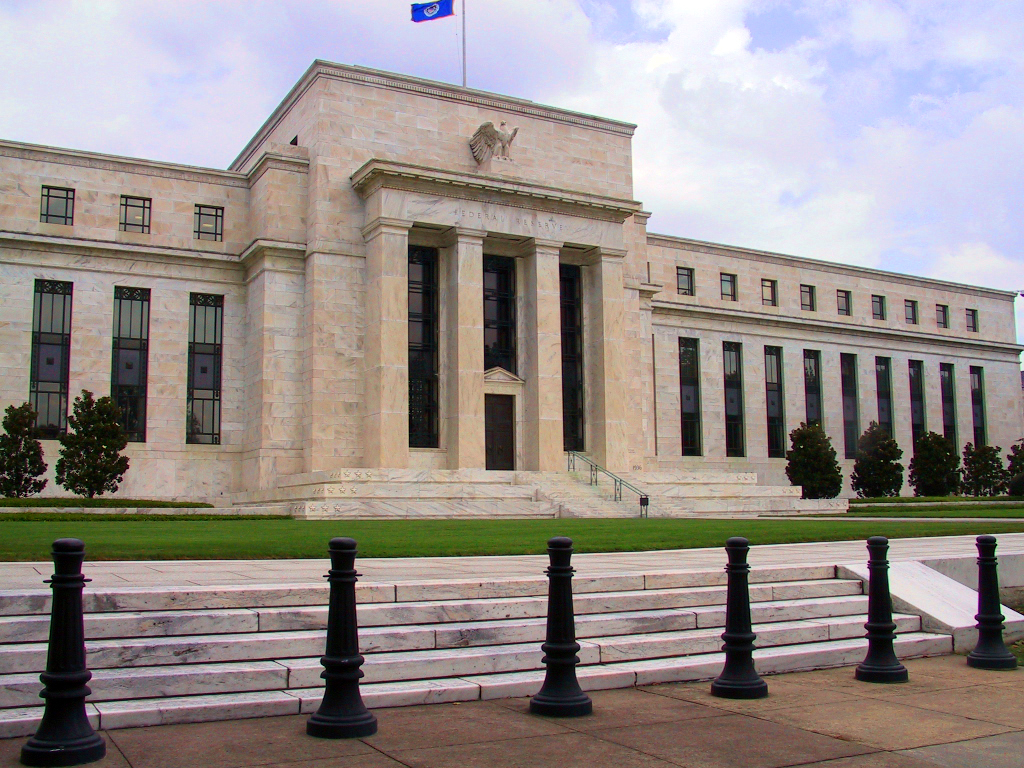As the global economy grapples with a mix of challenges and opportunities, the Federal Reserve is widely expected to announce a reduction in its benchmark interest rate today.
This move could mark a significant shift in the central bank’s monetary policy as it seeks to strike a delicate balance between stimulating economic growth and keeping inflation in check.
Anticipated Rate Cut
Analysts predict a 0.25 percentage point cut, which would lower the Federal Funds Rate to a range of 4.25% to 4.5%. If confirmed, this will be the third consecutive rate reduction this year, following cuts in September and November.
The decision highlights the Federal Reserve’s commitment to addressing evolving economic conditions, including fluctuating inflation rates and global economic uncertainty.
What’s Driving the Decision?
Economic indicators suggest that while inflation remains above the Fed’s target of 2%, the U.S. economy has shown resilience with stronger-than-expected growth in recent months.
However, external factors, such as geopolitical tensions and potential shifts in trade policies under the incoming administration, add layers of complexity to the economic outlook.
Chair Jerome Powell and his colleagues face a unique challenge: fostering conditions for sustained economic growth without fueling runaway inflation. By lowering borrowing costs, the Fed aims to encourage business investments and consumer spending, both of which are crucial for economic stability.
Implications for Consumers and Businesses
The anticipated rate cut could have mixed effects on consumers and businesses. Lower borrowing costs may ease financial pressures on households, potentially reducing interest rates on mortgages, auto loans, and credit cards.
However, the impact may not be immediate or uniform, as lenders often adjust rates based on market conditions and other factors.
For businesses, particularly small and medium enterprises, cheaper access to credit could open doors for expansion and operational improvements. Sectors heavily reliant on borrowing, such as real estate and construction, stand to benefit significantly from the reduced rates.
A Cautious Outlook for 2025
While today’s expected rate cut is intended to provide short-term relief, the Federal Reserve may adopt a more cautious stance moving forward.
Policymakers are likely to weigh the effects of fiscal proposals from the new administration, including tax reforms and infrastructure spending, which could alter the trajectory of economic growth and inflation.
Additionally, uncertainties surrounding global supply chains, energy prices, and labor market dynamics will continue to influence the Fed’s decisions in the coming months. Experts suggest that any future rate adjustments will hinge on a careful evaluation of these evolving factors.
Conclusion
Today’s Federal Reserve announcement will not only set the tone for monetary policy as the year concludes but also signal its strategic priorities for 2025.
As businesses, consumers, and investors await confirmation of the rate cut, all eyes remain on Chair Powell’s comments, which are expected to offer valuable insights into the central bank’s long-term vision.
Stay tuned for updates and analysis as we continue to track the Federal Reserve’s actions and their broader implications for the economy.
Also Read
Pudgy Penguins NFT floor price plummets almost 50% following PENGU launch
Honda and Nissan explore merger amid growing EV competition
